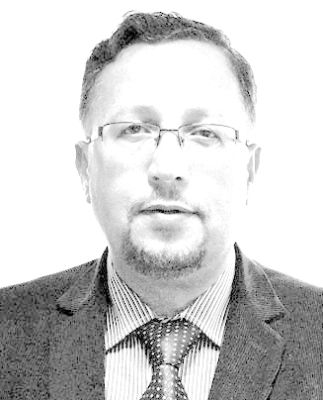On February 20, the Jordanian Tourist Guides Association announced that guides would not escort groups into ancient Petra, Jordan’s signature tourist attraction, for one day due to what they claimed to be “repeated physical and verbal assaults against tourist guides by locals”. And in September last year, a video of an Asian tourist trading words of abuse with a local bedouin went viral on social media and a story by The Jordan Times revealed that the young bedouin was allegedly trying to prevent the tourist from taking a dangerous trail near the Treasury. Sources say that tourists can, in fact, take that shortcut if they pay money.
News of incidents like these surface every now and then, not only in Petra, but in other major destinations and the only thing at risk is Jordan’s reputation as a warm-hearted host and a safe place for tourists. Verifying the accounts of sources might be a difficult task for a reporter and taking sides based on hearsay is a fatal blow to the truth about what is actually happening there.
Yet turning a blind eye to the increasing reports that our precious tourist attractions are becoming less and less tourist-friendly is too risky for the entire tourism industry, especially since social media can be a ruthless tool of manipulation that could destroy decades of hard work to push Jordan into the global spotlight as a unique destination that offers a unique experience for visitors.
What we need is an impartial investigation into all the complaints and negative remarks to stand at the facts and provide decision makers with a sound report based on solid conclusions. Like mystery or secret shoppers that roam market places to measure the quality of service and compliance with regulations, we need a similar mechanism through which the situation in Petra and other such places can be objectively assessed. The same method of deploying undercover investigators can even be used to effectively check on the quality of services in medical tourism, hotels, restaurants and other places frequented by the guests of the country. According to reports, the approach has been a global trend in advanced societies, applied even to places of worship.
The Ministry of Tourism and Antiquities can handle the task in cooperation with other concerned parties, including law enforcement agencies. If the diagnosis was correct, remedy would not be a big challenge. It all boils down, at the end of the day, to testing whether the rule of law is respected and establishing how serious authorities are about imposing the law indiscriminately.
The findings of the probe, which are supposed to be based on frequent visits to the targeted locations, should be presented to the prime minister for immediate action. More importantly, the process should be institutionalised as part of a constant and consistent nationwide effort to set the record straight in the vital tourism industry.
The writer is the deputy chief editor of The Jordan Times
